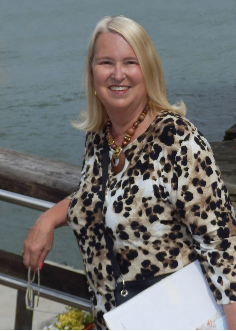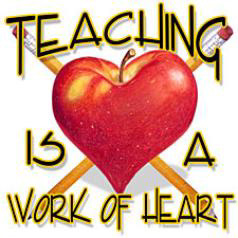
My philosophy of education is simply this:

The problem with “what is tested is taught” is that it leads some districts to neglect the fine and applied arts and is too often linked to funding. The process of nurturing our children and guiding them--just to learn how to “be” in the world involves so much more. They have to learn critical thinking and decision-making, how to form healthy relationships, how to formulate goals and values, how to balance work and play—so many things that cannot be quantified. This is a messy human endeavor and not one in which a pure business model can ever be the only standard.
That said, we are challenged now more than ever with preparing our students for career and or college, and we must do that while supporting them socially and emotionally in a stressful world. I sometimes compare the day of a student with the width of a bookshelf because both have limits. The number of subjects students need to master and the depth of knowledge expected in each continues to expand, but only so many books will fit on that shelf ! Our only option is to provide as much choice as possible, so it troubles me that English Language Learners, in particular, need extra room in their schedules for development of language proficiency and may have to miss out on elective experiences.
Most of all, I honor the inclusive nature of public education.
We want to “bring everyone to the party,” and it is that vision that will lead us where we need to go.
I see the concept of public education as inseparable from our past and future as a democracy. It is in public school (and perhaps in the military) that our young people learn to respect and understand people of different races, creeds and persuasions. It is where we learn to get along with each other -- and that matters enormously -- because we live side by side and for all of us to thrive, we must see that as a situation rich with opportunity and promise.
And the beauty of the public school system is that each child’s needs are important. In addition to offering a rigorous and challenging curriculum, public schools also serve students who are differently abled, whether it be due to learning styles, language barriers, physical disabilities or emotional difficulties.
We should be working to make our public schools the envy of the world.